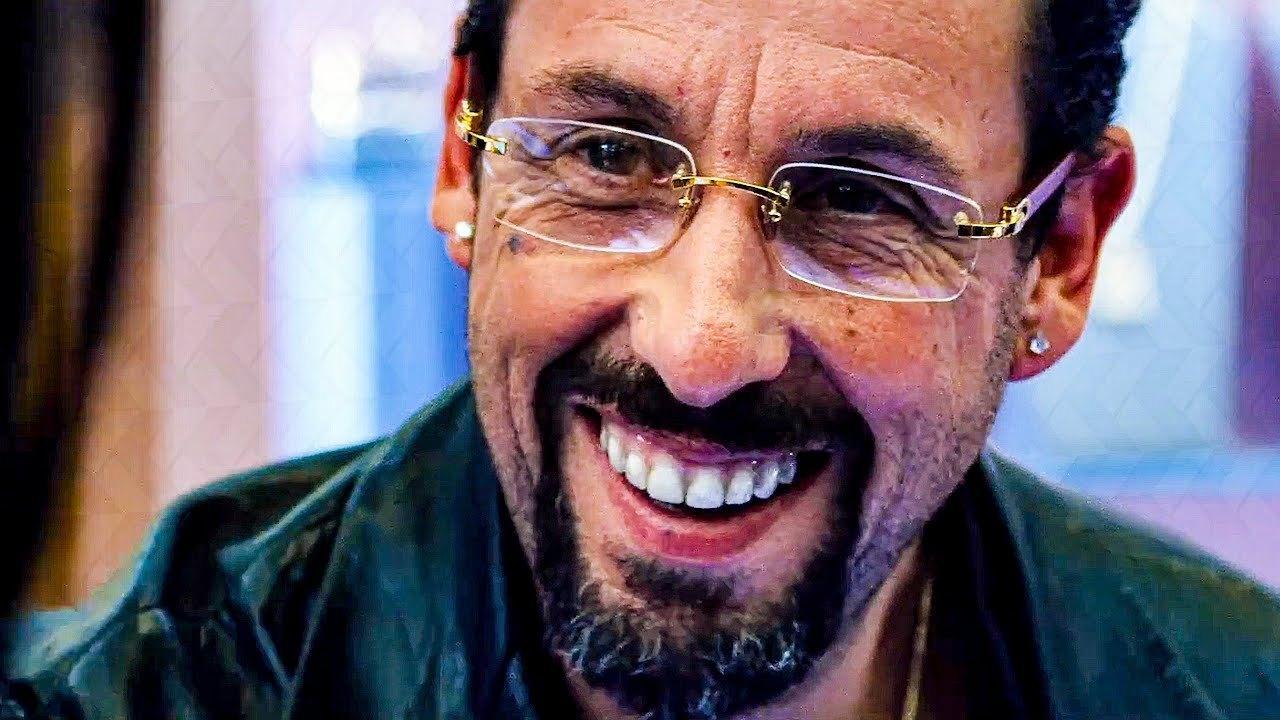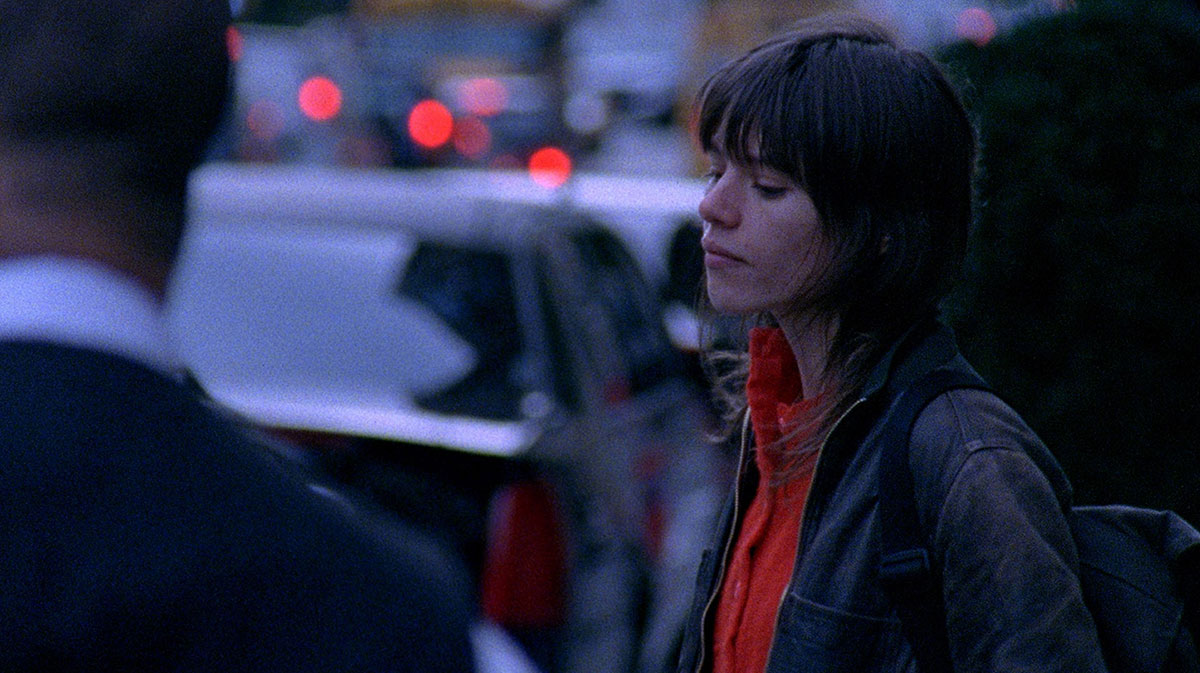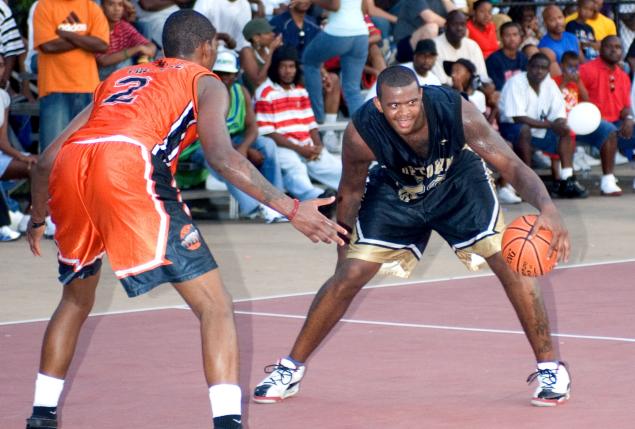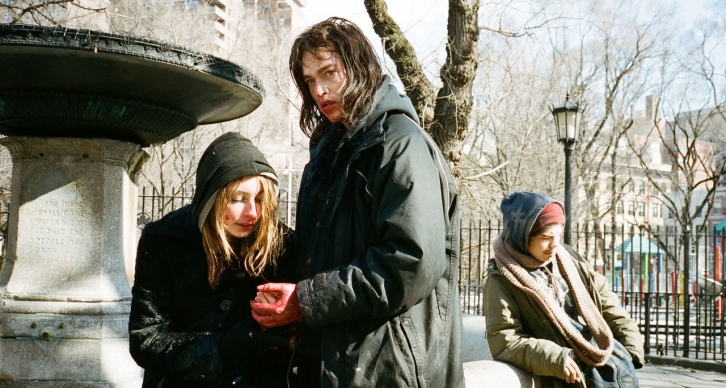
There’s no place like New York. Both the birthplace of myriad geniuses as well as the backdrop to some of the most iconic films ever captured on celluloid, living up to its lofty cinematic heritage may seem like a hefty endeavor to most. But not to the Safdie Brothers — a maverick pair of auteurs who spent the best part of their childhood shuttling between Queens and Manhattan before carving out a name for themselves in the past decade by using its concrete jungle as their personal playground.
In a growingly rootless and homogenous industry, it’s refreshing to stumble upon a brand of filmmaking that’s so indebted to its geographical setting. Admittedly, the Safdies are far from being the only high-profile auteurs to settle in the Big Apple, but none of their peers have probed its lower depths with such unflinching authenticity as them. From heroin junkies, sleazy bank robbers and homeless kleptomaniacs, their stories tend to chart the spiritual endeavors of those living on the fringes of society; hopeless souls who seldom get a chance of being represented on the silver screen.
Cribbing from classic new wave masters the likes of John Cassavetes and Jerry Schatzberg, the Safdies employ a naturalistic style that seems to blur the lines between fiction and reality, capturing the congestion and hurried existence of urban living through invasive close-ups and immersive sound design. They have also perfected the art of getting under our collective skin by introducing despicable, self-serving antiheroes and throwing them into impossible predicaments that often escalate into high-wire drama.
Watching self-sabotaging knuckleheads dangle on the edge of oblivion certainly makes for great entertainment, but one never gets the impression of feeling manipulated. In fact, one trait that sets the duo apart from the rest of the pack is their uncanny ability of capturing spontaneity on-screen, which may be attributed to their frequent use of amateur actors and penchant for improvisation that permeates their entire work.
The Safdies’ meteoric rise from unknown indie darlings to household names has been nothing short of remarkable. And if anything, the pair have shown no signs of slowing down. Lately, Bennie has had a chance at showing off his acting chops in the latest films by Paul Thomas Anderson and Claire Denis, while Josh has been hands full working on their next script following ‘Uncut Gems’ — a film that single-handedly resurrected Adam Sandler’s career and elevated the risk of heart attack among film buffs manyfold. As we bide our time until their next emotional rollercoaster knocks our socks off, let’s take a look at their six feature-length films to date.
6. The Pleasure of Being Robbed (2008)

As far as debuts go, ‘The Pleasure of Being Robbed’ is nothing to scoff at. Though the Safdies would still need to iron out their style for a couple more years before truly hitting their stride, they sure made their presence felt right out of the gate. As such, their first foray in the director’s chair (technically only Josh is credited here as Bennie was officially listed as editor) feels like a fascinating prism through which to view their subsequent efforts.
The film centers around Eleonore, a troubled kleptomaniac who spends most of her spare time aimlessly wandering around the busy streets of New York City and blending with the crowds while stealing items — one suspects out of boredom rather than sheer necessity. The film charts her pickpocketing sprees in a stream of vignettes that bleed into each other, making the film feel less like a conventionally strait-laced narrative than it is an experiment on style. But not even the constraints of a shoestring budget and an unproven ensemble of actors (including Josh himself in a supportive role) fully undermines the intriguing display of guerrilla filmmaking. If unabashedly a minor work, ‘Being Robbed’ is a serviceable steppingstone that laid out the groundwork for the rest of their output.
5. Lenny Cooke (2013)

As further established in ‘Uncut Gems’, the Safdies’ love for the game of basketball runs deep. This 2013 sports documentary tells the story of Lenny Cooke, a former New Jersey talent who made rounds around the nation as one of the most hyped prospects in the same high school class as LeBron James and Carmelo Anthony, who then quickly faded into obscurity after seeing his chances of playing in the NBA slip away in front of his eyes.
The film charts his sudden rise to fame, short-lived glory and subsequent failures by weaving through decades-worth of archived footage that was unearthed a decade later. All but destined to make it big, Lenny was led astray by the alluring dreams of success and financial security, not to mention unbearable pressure from friends and relatives, deciding to forego college education for a chance at getting drafted at the pros. His cautionary tale serves primarily as a poignant reminder of the predatory nature of American professional sports, a ruthless system that lures thousands of gullible young athletes with empty promises of generational wealth.
Although at first glance a documentary may seem to come out of left field, given the subject matter it’s hard to think of a better suited filmmaker than the Safdies to helm this particular project, especially considering their long-running artistic obsessions.
4. Heaven Knows What (2015)

The Safdies refined and expanded upon the talent shown in their debut with a gritty portrait of drug addiction that officially put them on everyone’s radar as a force to be reckoned with. Loosely based on Arielle Holmes’ memoir — and starring Holmes herself — the story follows Harley, a homeless city-dweller who’s just barely scraping by and who makes futile attempts at reconciling her love with her abusive and heroin-buddy boyfriend. The film puts us through the wringer for ninety-seven scorching minutes where we see the couple helplessly trying to escape their downward spiral only to be tangled in a web of emotional co-dependency, heroin needles and dead-end dreams.
Even judging it by Safdie standards, this is not for the faint of heart. It’s a raw and pretty unforgiving film with plenty of soul-stirring moments that can lodge into one’s memory banks, though one that ultimately allows for a ray of hope. Despite being full of insights, the Safdies never deal in platitudes and deftly circumvent the heavy-handed moralizing that films of this ilk are so prone to. On a visual and acting standpoint, there’s also a clear step-up from previous efforts that punches the film’s naturalistic aesthetic up a few notches, marking it a high-water moment in the Safdies’ young career.